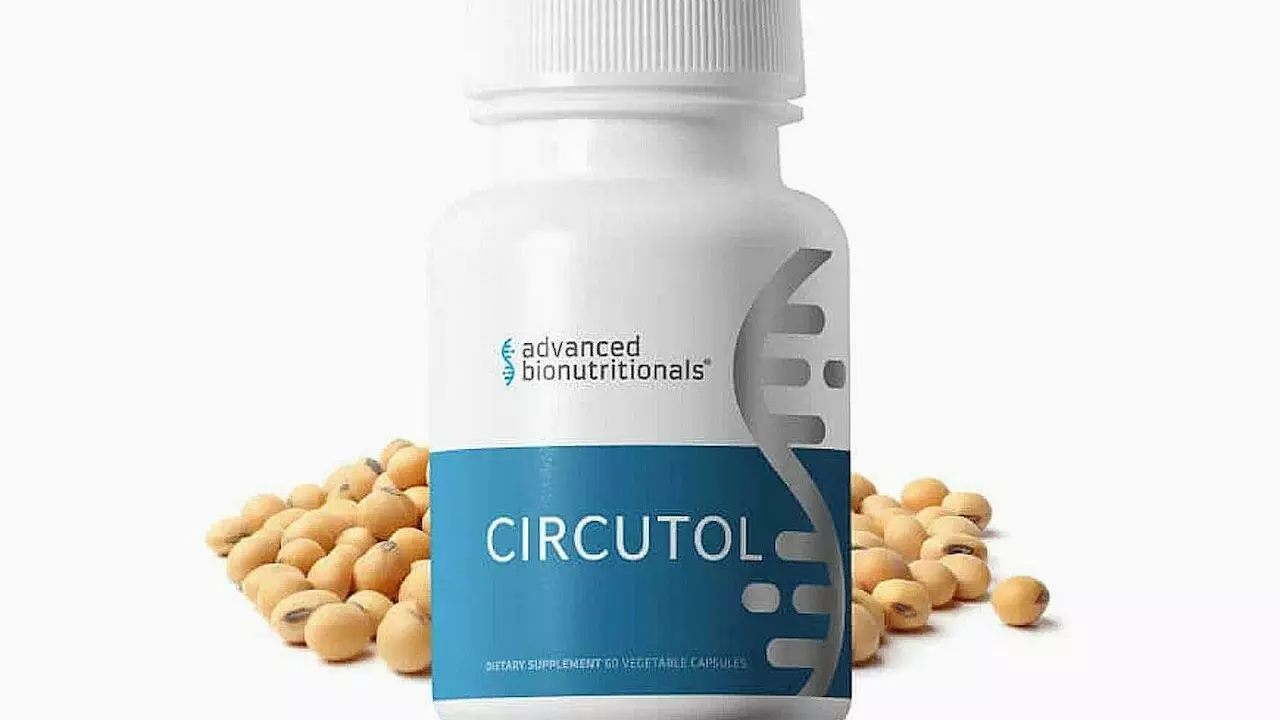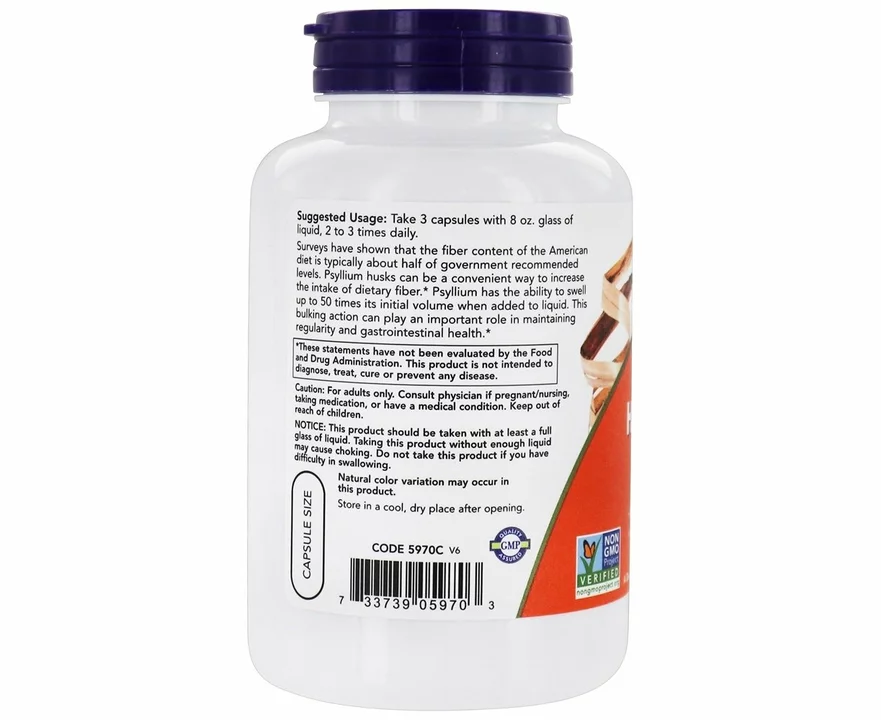Dietary Supplement: How to Choose, Use, and Stay Safe
Supplements can help fill nutrient gaps or support a health goal, but they’re not magic. Some work well for specific needs — like red yeast rice for cholesterol support or Rumalaya for joint comfort — while others offer little benefit. The key is picking the right product, using it safely, and knowing when to skip it or talk to your doctor.
How to pick a safe supplement
Start with a clear reason. Are you fixing a deficiency, easing joint pain, or trying a natural cholesterol option? Once you know the goal, check the label for dose, active ingredients, and allergens. Look for third-party testing seals (USP, NSF, or ConsumerLab). Those labs test for ingredient accuracy and contaminants.
Buy from trusted sellers. Avoid unknown sites that promise miracle results at unbelievable prices. If you’re ordering online, use the same checks you’d use for pharmacies: contact info, clear return policy, and secure checkout. Our article on red yeast rice explains how dosing and product quality vary a lot between brands, and why that matters.
Watch the fine print on “proprietary blends.” Brands sometimes hide amounts inside a blend, so you can’t tell how much of each ingredient you’re getting. Prefer products that list exact milligrams for the active ingredients you care about.
Common interactions and safety tips
Supplements can interact with prescription medicines. For example, red yeast rice contains compounds similar to statins and can raise the same safety questions. St. John’s wort affects many drugs, and some herbal joint remedies may interfere with blood thinners. Always check interactions before starting anything new.
Start low and watch how you feel. Try a product for a set period (4–12 weeks for many supplements) and note any changes. Stop and consult a healthcare provider if you get new symptoms like muscle pain, stomach upset, unusual bleeding, or severe allergic reactions.
Keep records. Write down what you take, the brand, dose, and when you started. That list helps your doctor spot problems and advise on stopping or switching products. If you’re seeing several providers, bring that list to every visit.
Regulation is limited. Unlike prescription drugs, supplements don’t need FDA approval before they hit shelves. That’s why quality varies so much. Rely on independent testing, transparent labels, and reputable sellers rather than bold marketing claims.
Use supplements as part of a plan, not the whole plan. Diet, sleep, exercise, and medical care matter more for long-term health. Supplements can help in specific scenarios — vitamin D for low levels, or omega-3s for certain heart conditions — but they usually complement, not replace, standard treatment.
Want specific reads? Check our posts on red yeast rice for cholesterol, Rumalaya for joint pain, and our guides on verifying online pharmacies. Those articles give practical tips on dosing, safety checks, and what to avoid when buying supplements online.
If you’re unsure, ask. A pharmacist, dietitian, or doctor can review your list and suggest safer choices. A quick check now can save a lot of trouble later.





